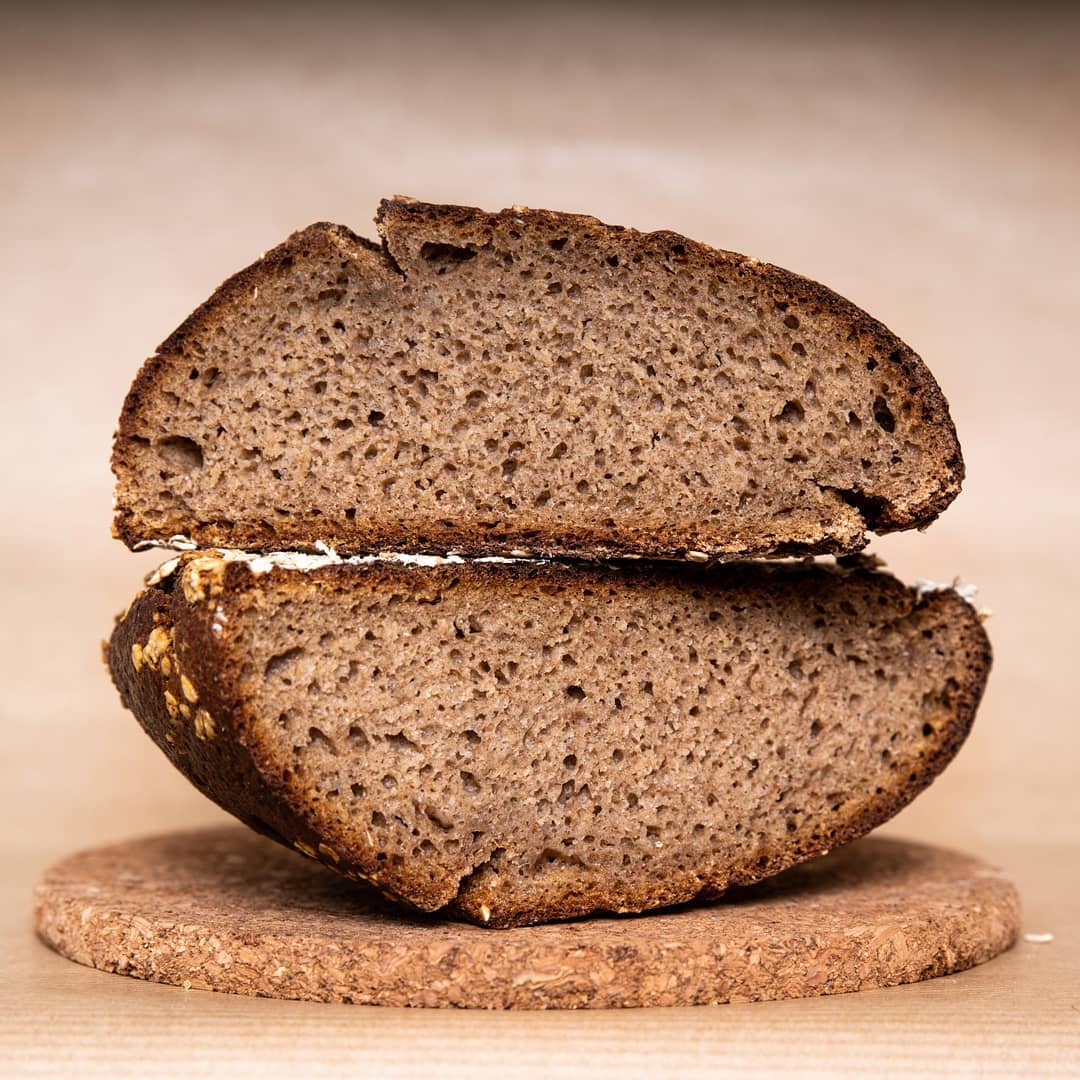Hey all,
I’ve seen a lot of these posts pop up on my front page and it’s honestly made me want to try getting into the hobby, however I tend to jump into hobbies neck deep and drop them shortly after. Is there any way to test the waters without going down the rabbit hole? It seems like you need a lot of equipment and experience to get the best results.
Another thing is that I tend to dislike store bought sourdough as I’ve found most of it to be too tangy/sour. Do all sourdoughs taste like this, or would it be fairly easy to control when making your own bread?
Edit: sorry, I should clarify. I’m specifically talking about sourdough. I’ve baked bread before (though it’s been a long time) but most of the really good looking breads here have been sourdough.


Ima be real.
You can absolutely make bread with no recipes, no training, and little or no guidance. It isn’t brain surgery. Water + flour + yeast + time×heat = bread. The only question is how good the bread will be.
Go to the store, pick up some yeast packets. Pick up a bag of bread flour.
Take two bowls of roughly equal size. Put a few cups of flour in one. In the other, put clean water until it feels like it weighs roughly the same as the one with flour.
Toss a few pinches of salt in the flour. Empty the package of yeast into the water. Walk away for about fifteen minutes. Come back and as long as the yeast is making a few bubbles, you’re good to go.
Mix it all up. Pinch it, punch it, roll it around a while. Get all the flour nice and wet, adding a little water if you need.
Walk away for a while. Check on it every fifteen to twenty minutes. Once it’s puffy, knock the air out of it, and roll it into a ball or a loaf shape and put it in a pan. Walk away and check on it until it’s roughly twice as big. Throw it in the oven, maybe 375 to 400. Bake it for a half hour or so, check on it to see if it’s done. Probably won’t be, but it never hurts to check. Poke a thin stick in. If it comes out gummy, keep cooking until it doesn’t.
When it isn’t, you’re done. Pull it out, let it sit. Wait a half hour minimum, then cut.
That’s it. That’s bread. Won’t be the best, won’t be inedible.
Thing is, if you do it again the next day, it might not come out exactly the same. That’s because precision is what gives you consistency.
But that’s how you test out bread making with minimum investment.
No bullshit, no joking, bread is simple. It was being made with zero precision before the written word.
The hobby of making bread, or the profession of making bread can be very complicated. But the hobby only needs to be as complicated as you want. If you want to chase your ideal loaf, and be able to produce it almost exactly the same every time, rabbit hole doesn’t describe it lol. But you can turn out consistent bread that will make people think you are the yeast god with nothing but a decent scale and a little light reading.
A scale and some bowls are all you need to make amazing bread. Bread that you’ll be proud of. That’s because once you get down to measuring ingredients by the gram, you’re as precise as you can get. Anything under 5 grams of difference, nobody is going to notice anyway. Most of the time, except for salt, anything under 10, and they won’t notice.
The rest is technique. Learning when to stop kneading, temperature and time, that kind of thing. You can’t buy gear to give you that. You can buy gear to make it take less time, but that’s a different thing.
As far as the sourdough goes, yeah. You can control the tang fairly easily. It’s all about how you feed your starter and how you ferment the dough once you’re using the starter. You can make bread with such a low degree of acidity that you’d have to know it was sourdough to tell it is. Just feed the starter well with heavy discarding, and the bacteria that make it tangy won’t have time to produce the acid in the starter. If you then do fast fermentation, they won’t have time to do it in the loaf. But, tbh, at that point, you might as well just buy some yeast. Part of the point of sourdough is that acid.
But damn, once you do get the basics down and you’re turning out bread that’s exactly what you wanted, every time? That’s fucking gold. It’s worth the precision and the fiddling around. Hobby or not, you can get to that point in less than a year of practice at home. Less at a bakery with guidance. You’ll get to where you don’t worry about recipes because you can feel the flour and adjust the water in the mix to account for humidity. That does take a hundred loaves or so, but that’s doable.
You’ll get plenty of control as you learn, if you want to